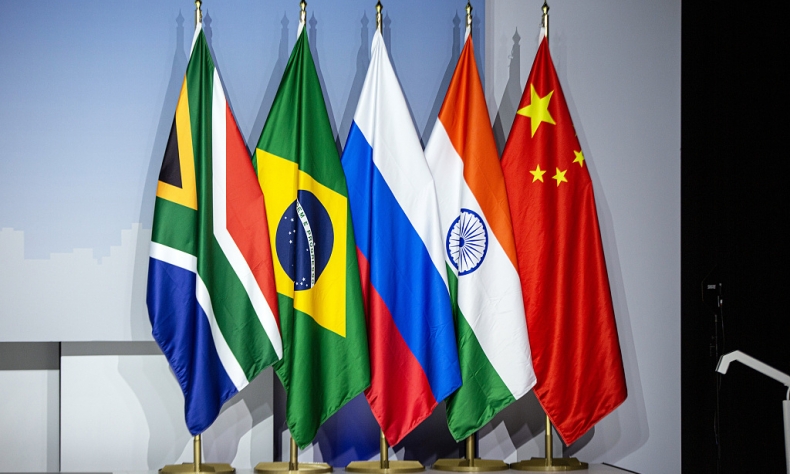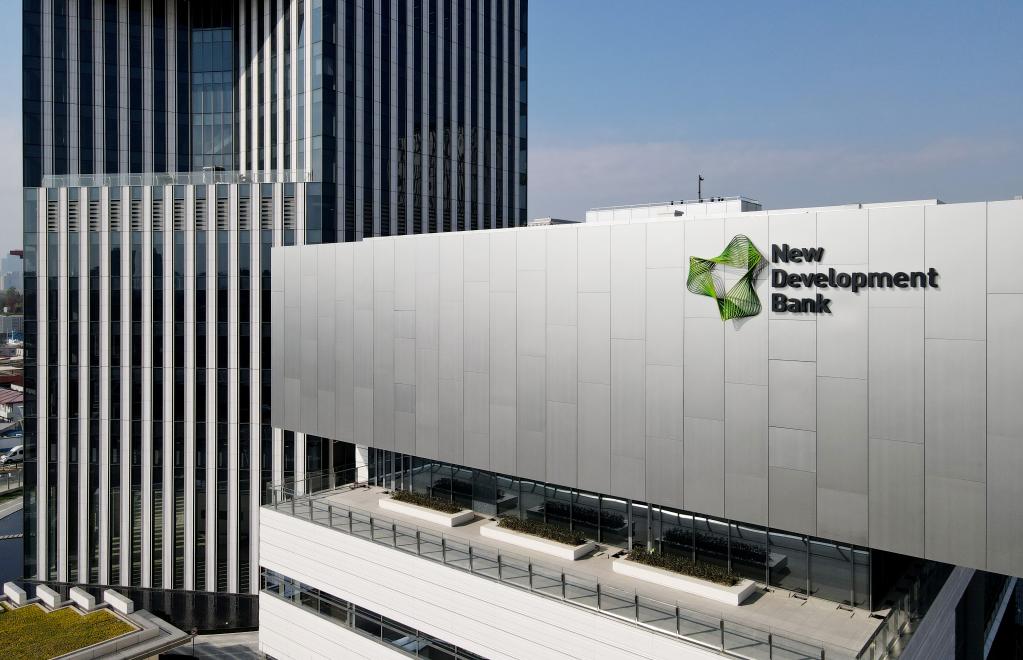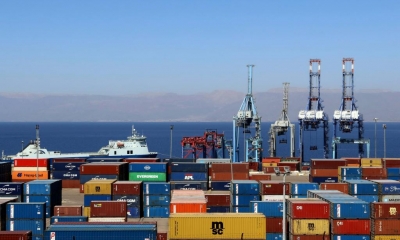The BRICS Summit in Brazil: Gathering Strength for Development of the Global South

The grouping of emerging markets and developing countries collectively serves as a crucial force for stability, progress, and positive influence in the contemporary world.
This year marks the 80th anniversary of the signing of the United Nations Charter. Eighty years ago, as international governance was established, most of what we now refer to as the Global South was beginning to emancipate itself from centuries of colonialism and imperialism. They struggled for independence and fought for their development and revitalization.
Currently, amid harsh military conflicts, migration crises, and extreme climate change, the weight of the Global South in the international order is emerging more clearly. The grouping of emerging markets and developing countries collectively serves as a crucial force for stability, progress, and positive influence in the contemporary world. In this regard, the role of the BRICS mechanism deserves to be highlighted, as they represent almost half of the world’s population and around 30 percent of global GDP, contributing one-fifth of global trade. The mechansim, which was formed in 2009 on the initiative of Brazil, China, India, and Russia (South Africa was incorporated two years later), was recently expanded to include Saudi Arabia, Egypt, the United Arab Emirates, Ethiopia, Iran, and Indonesia as full members. It also created the category of “partner country”, among which are Belarus, Bolivia, Cuba, Kazakhstan, Malaysia, Nigeria, Thailand, Uganda, Uzbekistan, and Vietnam. The BRICS mechanism is a major platform for promoting cooperation among countries in the Global South.
It is essential to acknowledge that, despite the emergence of countries from the Global South, current international governance still reflects the balance of power that emerged after World War II, evident in the UN Security Council and other multilateral institutions, such as the IMF, the World Bank, and regional development banks.
The new formation of the mechanism will meet for the first time in Brazil, during the upcoming 17th BRICS Summit, to be held in Rio de Janeiro, Brazil, on July 6-7, under the theme of “Strengthening Global South Cooperation for More Inclusive and Sustainable Governance.” The event will provide an excellent opportunity to deepen cooperation between countries from the Global South, ensuring the right to development and building a more democratic, inclusive, and equitable international order, as outlined in the UN Charter.
Under the rotating presidency of Brazil, since January of this year, several preparatory meetings have already been held on various issues that affect the world and people’s daily lives, such as hunger and poverty, the regulation of social networks and artificial intelligence, diseases and pandemics, climate crises and the generation of jobs and income.

At the summit, the BRICS will aim to enhance the role of the New Development Bank (NDB) and expand its capacity as an alternative to traditional financial institutions that always attach political conditionalities on their loans. From an economic perspective, it will aim to develop economic and trade cooperation among the countries of the BRICS by focusing on investments and integrating production chains among its members, as well as promoting cooperation in the use of local currencies for trade among its members. Other urgent issues include the regulation and development of artificial intelligence, digital innovation, and technology transfer.
These issues are fundamental to addressing another major problem: climate change. Joint mechanisms for mitigation and adaptation are crucial, particularly in terms of human, physical, and financial resources, in addressing this significant challenge. The creation of a partnership to eliminate socially determined diseases, expand access to vaccines, and develop viable strategies to ensure food and energy security for all countries is also a priority of the Brazilian presidency, particularly by promoting the Global Alliance against Hunger and Poverty, launched at the G20 summit held in Brazil in 2024.
The international context of this year’s BRICS Summit is quite challenging. The conflict in Palestine is costing the lives of civilians, particularly women and children. Iran, a member of the BRICS, was attacked in flagrant violation of international law. The World Trade Organization was undermined by the unilateralism of Washington. Globalization is in crisis due to the imposition of widespread tariffs by the Donald Trump administration, particularly the sanctions imposed on China, Canada, and Mexico based on fallacious arguments, such as the pretext of combating fentanyl trafficking. The sovereignty of Denmark, Panama, and Canada has been called into question by petty interests. Several countries around the world are being directly pressured to reduce their interaction with China, as is happening in Latin America due to the Belt and Road Initiative, or due to the use of Chinese telecommunication technologies.
Despite all these limitations and challenges, the BRICS countries are moving forward, seeking to find synergies at various points of intersection, focusing on development and combating the ills that afflict them. The Rio de Janeiro summit will look to the future. The BRICS is consolidating itself as a force in favor of the interests of countries in the Global South, despite critics wrongly claiming that it is a group that seeks to revise the global order. On the contrary, the BRICS countries are an instrument to effectively uphold the objectives of the UN Charter, which are based on principles such as the preservation of peace and fundamental human rights, including state sovereignty, human dignity, equal rights between men and women, as well as equality between large and small nations.
The article reflects the author’s opinions, and not necessarily the views of China Focus.
 Facebook
Facebook
 Twitter
Twitter
 Linkedin
Linkedin
 Google +
Google +




